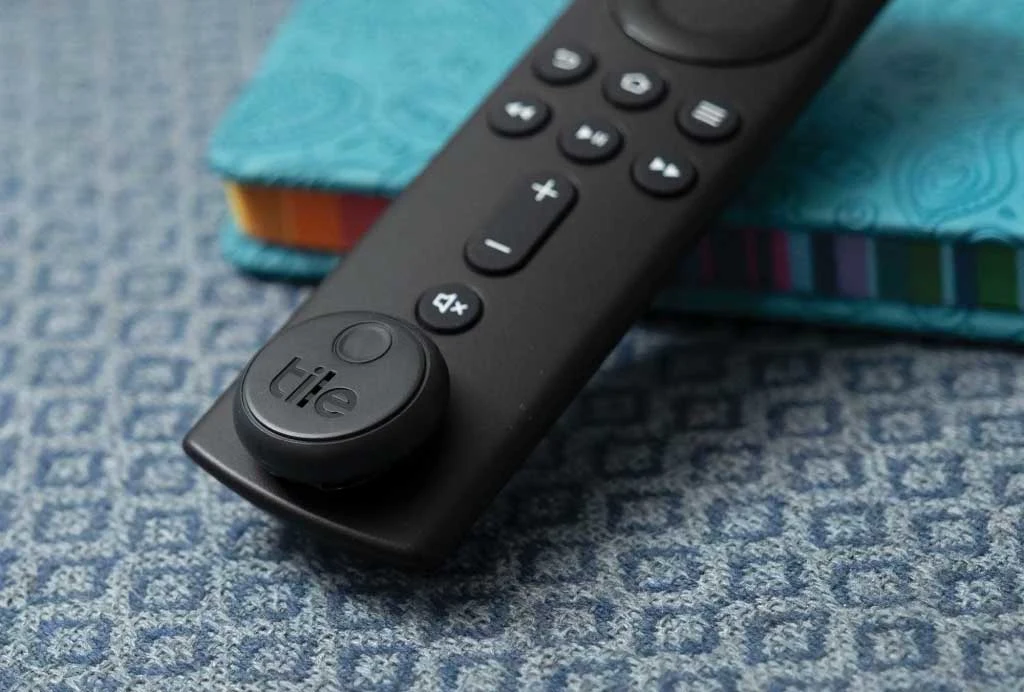Tile Accuses Apple Of Anti-Competitive Practices

Tile files complaint with European Commission ahead of expected launch of Apple locator device that competes more directly with Tile
Tile, the maker of Bluetooth-based locator devices, has accused Apple of abusing its control over the iOS platform to disadvantage competitors.
In a letter to European competition commissioner Margrethe Vestager sent last week, which the company has made public, Tile accused Apple of disabling features that make Tile as easy to use as Apple’s competitor, Find My.
Apple denied Tile “equal placement” with competing Apple products on its online App Store, and ended an agreement to sell Tile products in bricks-and-mortar Apple Stores ahead of the launch of a rumoured hardware product similar to Tile’s own tracking devices, the company said.
Tile’s devices can be attached to items such as keys and wallets, allowing users to locate them when they have been misplaced.

Tracking
Apple’s Find My is a software-based app that allows users to track the locations of MacOS, iOS, iPadOS, WatchOS and AirPods.
The rumoured hardware product, expected to use ultra-wideband technology instead of Bluetooth, could be attached to items such as bikes or remote controls in a way similar to Tile’s devices.
Tile said Apple had made a change with its recently released 13.5 that, by default, disallows Tile’s app from “always” being granted access to location information.
As a result, the user receives frequent access permission reminders when using the Tile app, which “denigrates the user experience, creates consumer frustration and undermines the integrity of our product”.
These are not shown for Apple’s competing Find My app, which has the permission switched to “always allow” by default.
“In the past twelve months, Apple has taken several steps to completely disadvantage Tile, including by making it more difficult for consumers to use our products and services,” Tile said in the letter, according to excerpts published by multiple media outlets.
Direct competition
“This is particularly concerning because Apple’s actions come at the same time that Apple both launched a new Find My app that competes even more directly with Tile and also began preparing for the launch of a competitive hardware product.”
Apple said it “strenuously” denied the allegations, adding it had made the iOS changes with privacy in mind.
“Consistent with the critical path we’ve been on for over a decade, last year we introduced further privacy protections that safeguard user location data,” the company said.
“Tile doesn’t like those decisions so instead of arguing the issue on its merits, they’ve instead decided to launch meritless attacks.”
Apple said the privacy changes ensure users “can more easily understand and control when apps access their location”.
‘Growing risk’
The European Commission said it had received Tile’s letter and noted that an existing investigation into Apple’s alleged anti-competitive practices through its App Store policies was “ongoing”.
US regulators have also expressed concern about Apple’s App Store practices, with Representative David Cicilline, chairman of the House Judiciary antitrust subcommittee, telling the Washington Post last November that some companies appeared to be using privacy as a “shield for anti-competitive conduct”.
“There is a growing risk that without a strong privacy law in the United States, platforms will exploit their role as de facto private regulators by placing a thumb on the scale in their own favour,” Cicilline said at the time.
Tile’s letter follows similar allegations by Spotify last year that accused Apple of disadvantaging third-party streaming platforms to help promote Apple Music.